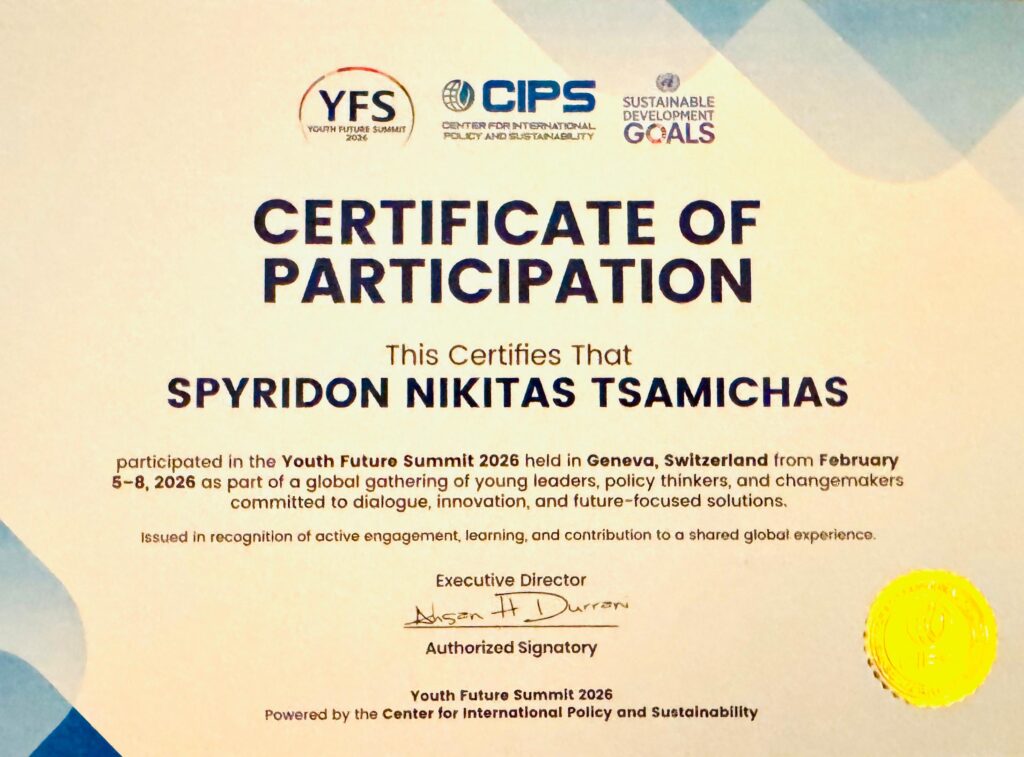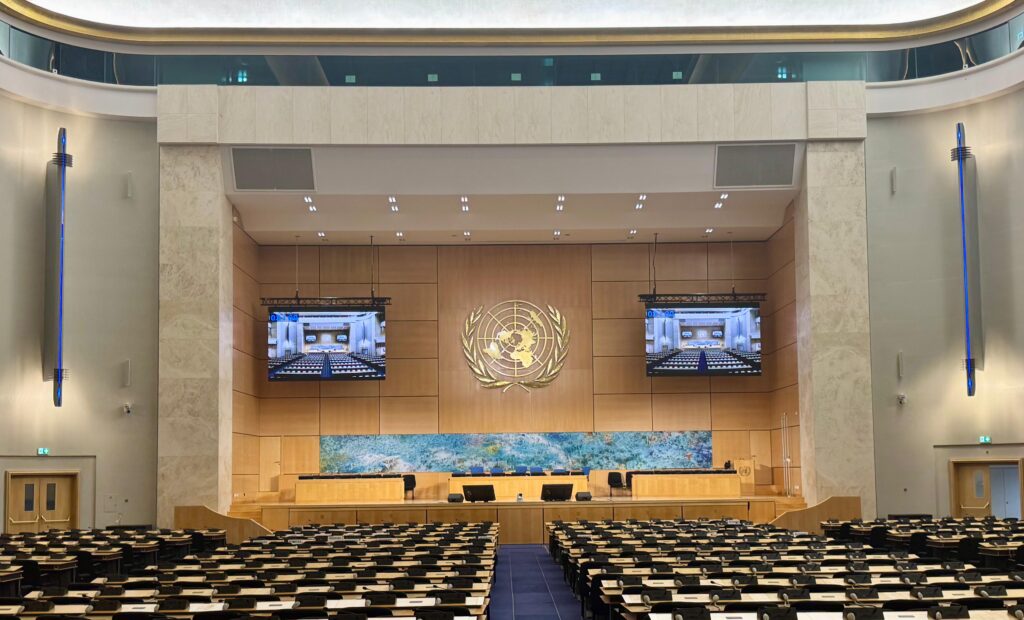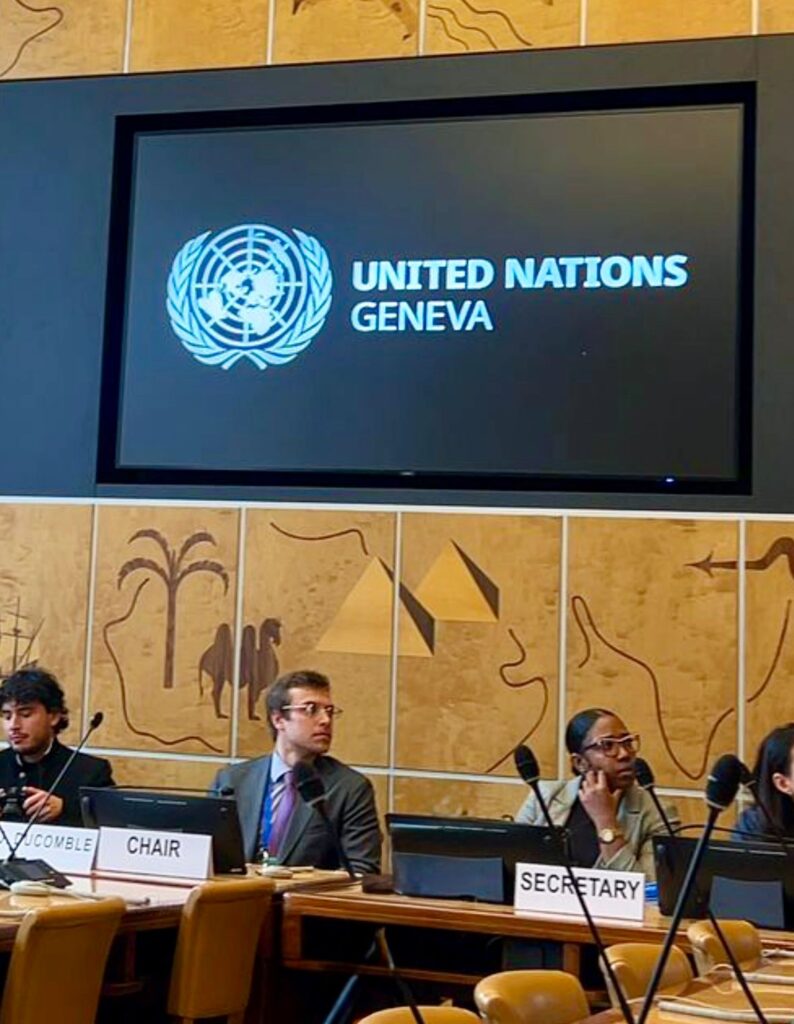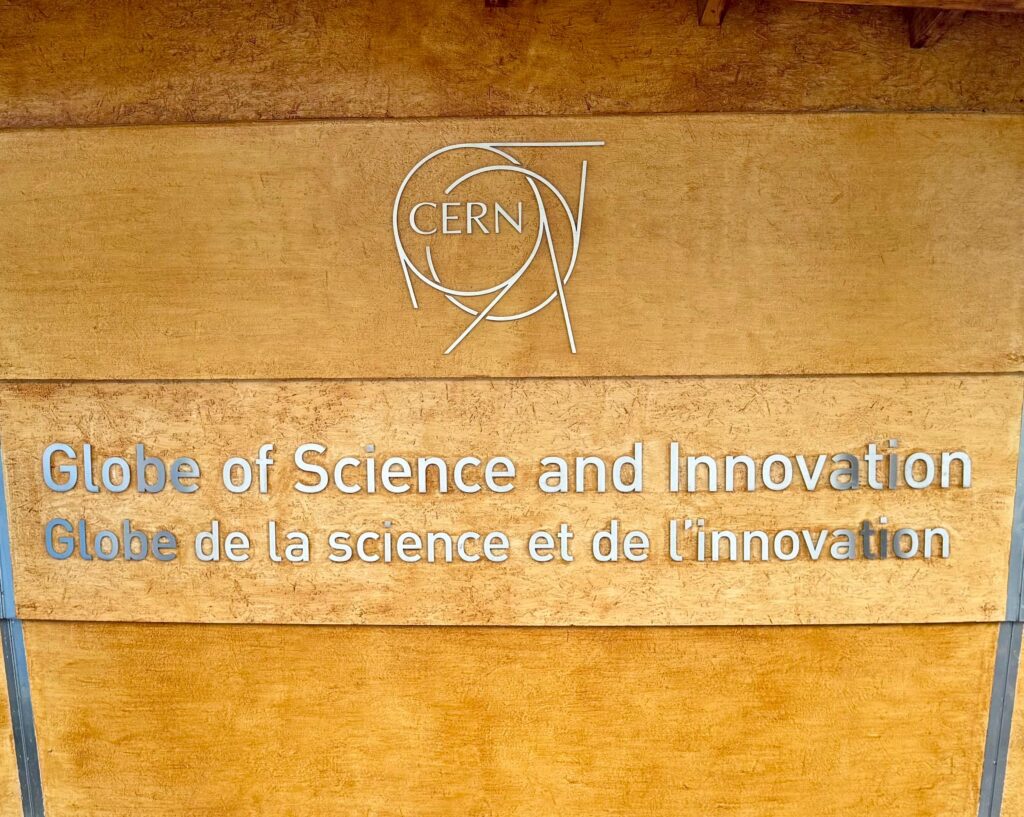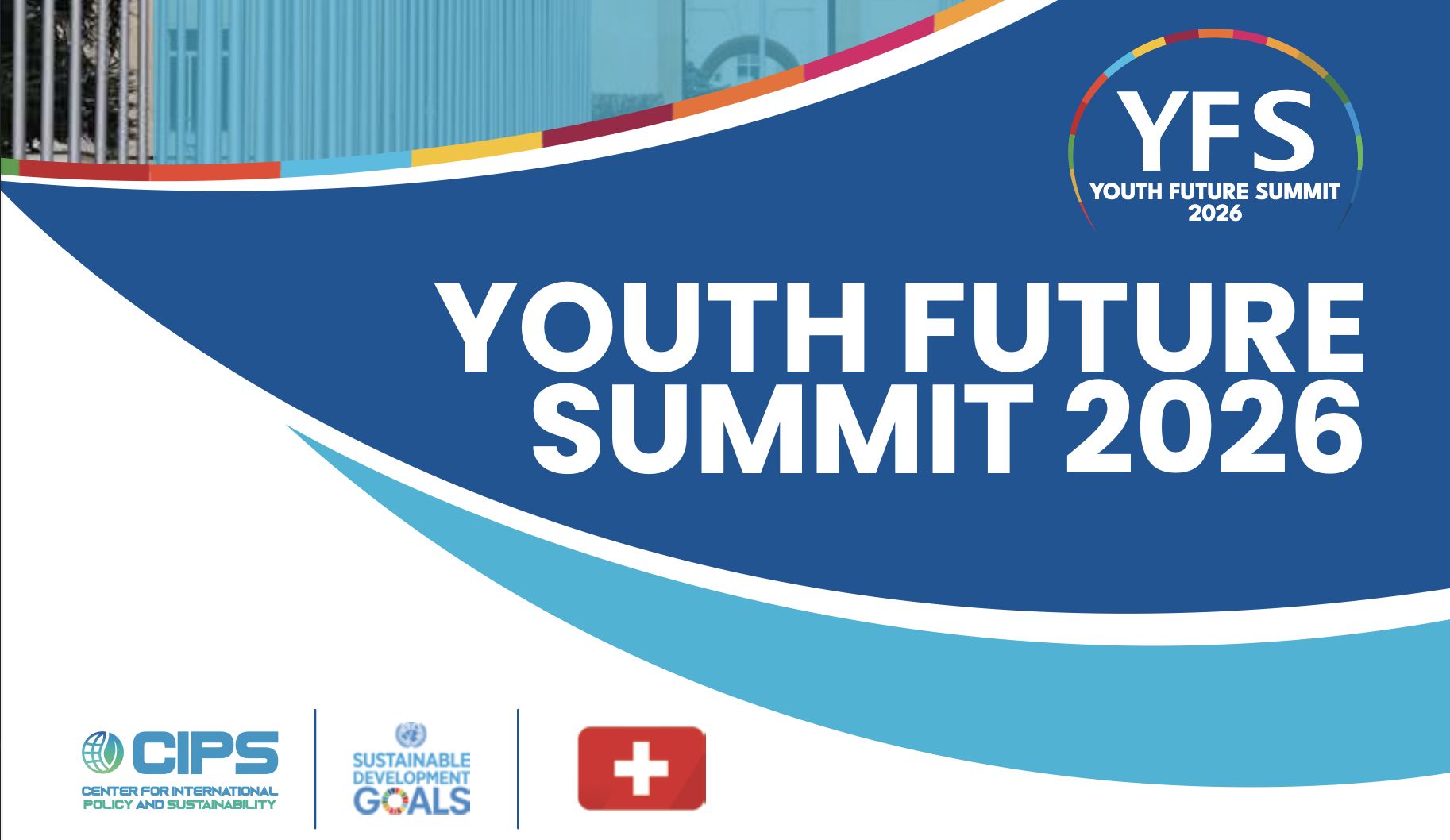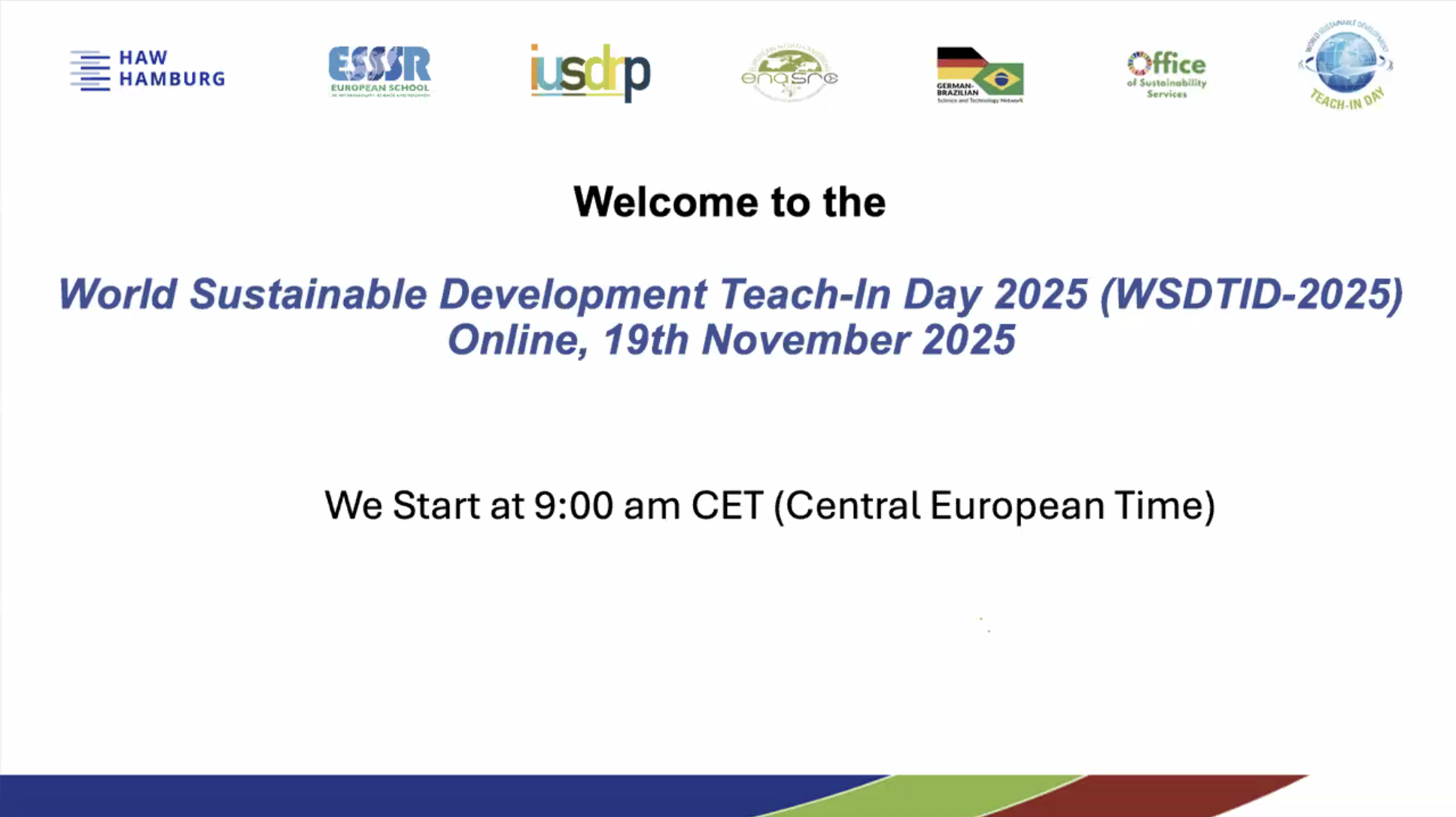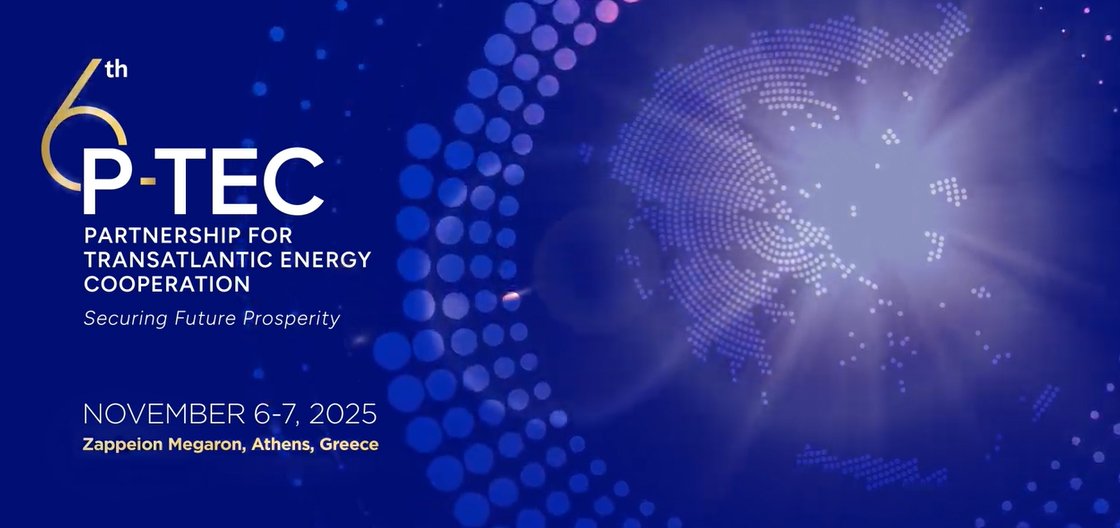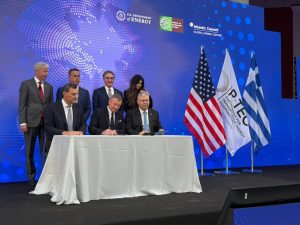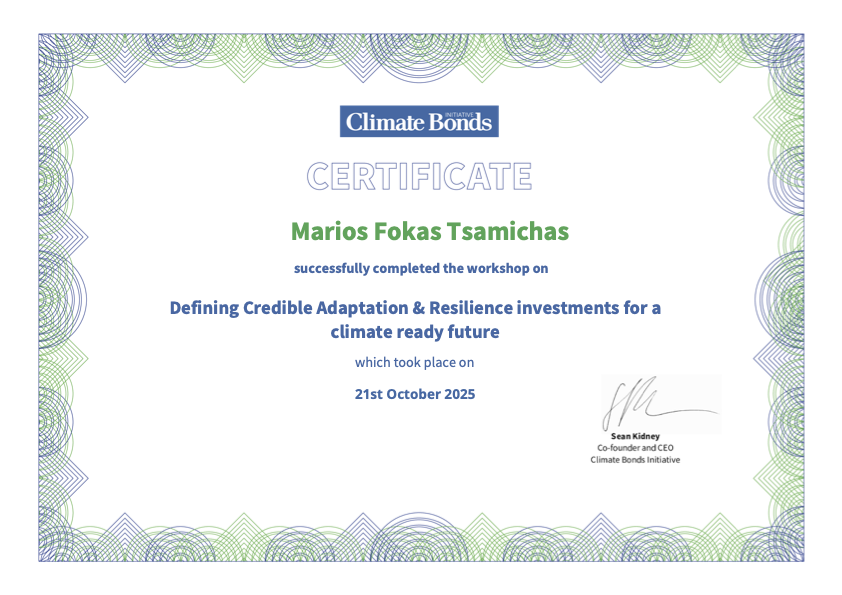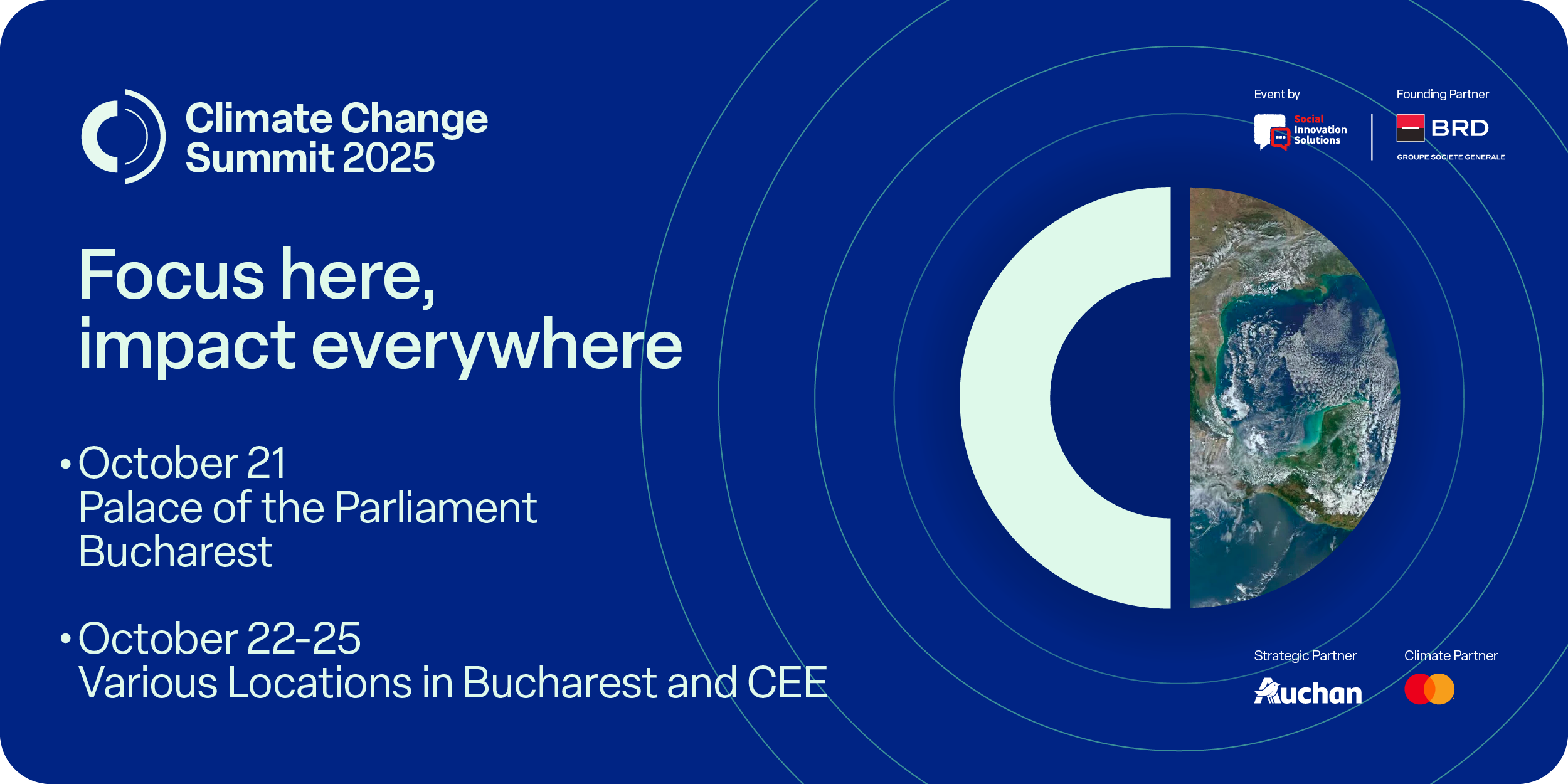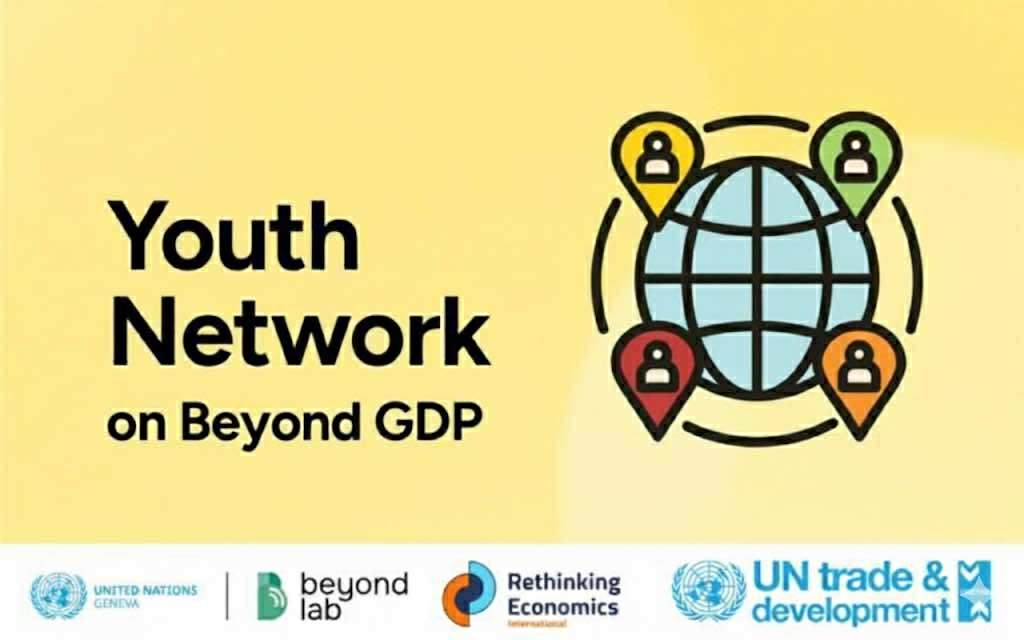Advancing Legal-Tech, Sustainability & Global Policy Innovation
Energon Green Solutions proudly participated in the Youth Future Summit 2026 in Geneva, where our founder, Spyros-Nikitas Tsamichas, was selected as a Fully Funded Delegate representing Greece in a highly competitive international process.
The Summit brought together emerging leaders from more than 120 countries in the world’s leading hub for diplomacy and science, creating a unique environment for the convergence of:
- sustainability policy
- artificial intelligence governance
- climate and energy transition
- global innovation ecosystems
- next-generation entrepreneurship.
From Global Governance to Deep-Tech: A Systems Perspective
The programme included institutional engagement with:
United Nations Headquarters – Geneva
Insight into multilateral governance, SDG implementation, and the regulatory frameworks shaping the global green and digital transition.
CERN – European Organization for Nuclear Research
A powerful demonstration of how frontier science, cross-border collaboration and open innovation models can accelerate technological sovereignty and long-term sustainability.
For Energon, this was not a symbolic experience — it was a real-time case study in how policy, technology and innovation ecosystems interact.
Key Knowledge Tracks Relevant to Energon’s Mission
Participation in the high-level policy and skills programme focused on:
AI Literacy: Youth Agency, Ethics & Innovation
with Dr. Agnese Pastorino
→ governance of AI, digital rights, and ethical deployment of emerging technologies
Global Policy Dialogue
→ youth participation in decision-making and institutional transformation
Social & Behavioural Change for Impact
with Prof. Altug Akin
→ scaling innovation through community-driven models
Voices of the Future – Delegate Interventions
→ shaping the narrative of the next generation of policy and innovation leaders. YFS final Agenda 2026
Why This Matters
Energon operates at the intersection of:
- legal-tech
- sustainability
- energy transition
- digital governance
The Geneva experience directly strengthens our strategic capacity in:
✔ ESG and climate governance intelligence
✔ AI regulatory readiness
✔ energy transition policy monitoring
✔ cross-border innovation partnerships
✔ youth-driven impact ecosystems
In a rapidly evolving geopolitical environment, the green transition is no longer only a technological challenge — it is a regulatory, financial and governance transformation.
Legal-tech platforms must be able to translate global policy into actionable tools.
From Global Dialogue to Real-World Implementation
Our participation reinforces Energon’s commitment to:
- building tech solutions aligned with the SDGs
- enabling data-driven sustainability compliance
- connecting innovation with regulatory foresight
- empowering the next generation of climate & energy leaders
and to actively bringing global policy intelligence into the Greek and European green innovation ecosystem.
What Comes Next
The networks, institutional insight and interdisciplinary knowledge developed in Geneva will feed directly into:
- Energon’s legal-tech architecture
- our sustainability and energy transition projects
- our international partnerships
because the future of the green economy will be built by those who can translate global governance into scalable innovation.
Learn more about the Summit:
🔗 https://thecips.org/yfs2026/
